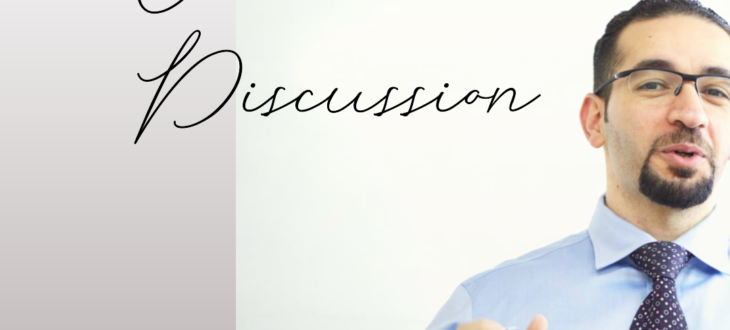Social learning and multimedia instructional tools connect naturally in the online classroom. Where multimedia can transform the classroom into an engaging learning environment, social media...
Leveraging Multimedia Learning Through Social Learning


Social learning and multimedia instructional tools connect naturally in the online classroom. Where multimedia can transform the classroom into an engaging learning environment, social media...

In previous posts, I’ve pointed to the “Why?” behind incorporating multimedia learning tools into the online classroom but I haven’t yet addressed the “How?” from a technical...

I was in a department chat group the other day and we were discussing our fears of and the possible benefits of AI like ChatGPT to help us in the classroom. I shared an...

As an online educator of adults, I’m always seeking opportunities to enhance the learning experience for my students. In the spirit of that quest, my mind is drawn to I my learning...

Imagine that one day a student approaches you in class and tells you that he or she cannot use the assigned textbook for the class because the author is presenting...

Teaching complex and sometimes tricky ideas like fallacies to students is a challenge that I have found daunting in the years that I have taught critical thinking. I have...

Have you ever made a bad choice in life? Most of us have at some point and if we go back and analyze what went wrong, we often find that there was some barrier to our...

In my last post, I delved into a real-life example of how we go about looking for the answers to our problems and how...
I went to lunch with a friend the other day and she provided
an excellent example...

I teach a class on critical thinking and try to incorporate a number of different ideas to open this topic up to folks who have never thought about “thinking about your thinking.”
In...